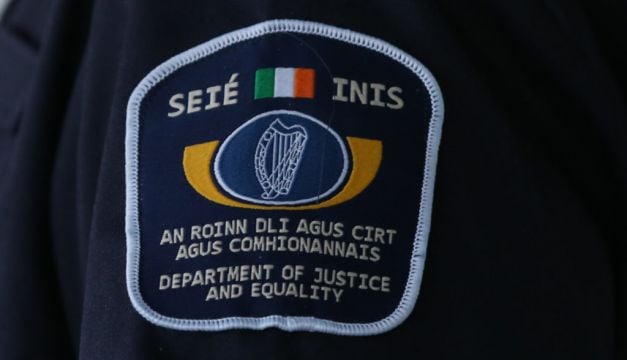It was not unreasonable for a tribunal to conclude there is effective state protection in South Africa to warrant refusing international protection for a man who faced past persecution there, the High Court has ruled.
The man, who arrived in this State in September 2018, claimed he would face persecution and/or serious harm in his native country due to being a white man.
In a ruling, Ms Justice Siobhán Phelan said it was her view the International Protection Appeals Tribunal (Ipat) came to a rational decision in upholding a refusal of the man’s claim for subsidiary protection.
When his claim was initially refused, reference was made to South Africa having been deemed a safe country of origin and it was concluded he had not established a well-founded fear of persecution.
Past persecution
In his appeal, Ipat found he had suffered past persecution in the country and would have been granted intentional protection due to a risk of suffering similar future harm except for its conclusion that state protection is available in South Africa.
Appealing Ipat’s decision in the High Court, the man claimed it was legally flawed due to a lack of rationality, a failure to apply to the correct legal test, and a failure to properly reason the decision.
In his claim for protection, the man had described a number of instances over a decade where he or members of his family had been attacked or robbed, including incidents involving injuries from firearm discharges. He claimed he was robbed at gunpoint three times.
The judge said some of the incidents were reported to police, but the man believed the response was ineffective.
He also claimed that immediately prior to his departure for Ireland he was pulled over by police who proceeded to abuse and rob him. He contended crime is out of control in South Africa and said he feared he would be killed if forced to return.
The man alleged that the concept of state protection is inappropriate where a risk of harm from the police has been found to exist.
Corruption
Ms Justice Phelan that whether or not one agrees with the conclusion that state protection is available, it cannot be said that the tribunal did not conduct a rational analysis of conflicting country of origin information.
Ipat arrived at its decision with “full regard” to the problems experienced with state protection in South Africa, she said.
The decision includes extensive reference to country of origin information, which demonstrates a high level of corruption in South Africa but also steps to investigate and prosecute crimes, said the judge. The South African Human Rights Commission was described in the decision as “moderately effective”.
The decision paints a picture of a country with a high degree of police corruption, but that not all police are corrupt and there are measures to deal with the corruption, such as the rights commission, constitutional protections, and convictions of state officials for corruption, Ms Justice Phelan said.
Ipat concluded there was no evidence the man’s treatment was racially motivated.
It also said the state is obliged to provide “effective protection” not “perfect protection”.

The judge said it was acknowledged by Ipat that the man would be exposed to criminal activities that could amount to inhuman or degrading treatment or punishment. The availability of state protection, and not the risk of harm, was identified as determinative, she said.
It seemed to her that, in light of the evidence as a whole, she was not entitled to treat as “unreasonable” the conclusion that there was effective state protection provided.
Ms Justice Phelan noted the man was granted temporary permission to remain in the State for two years from September 2022. She said this does not equate to recognised protection status.
She dismissed the judicial review application.







